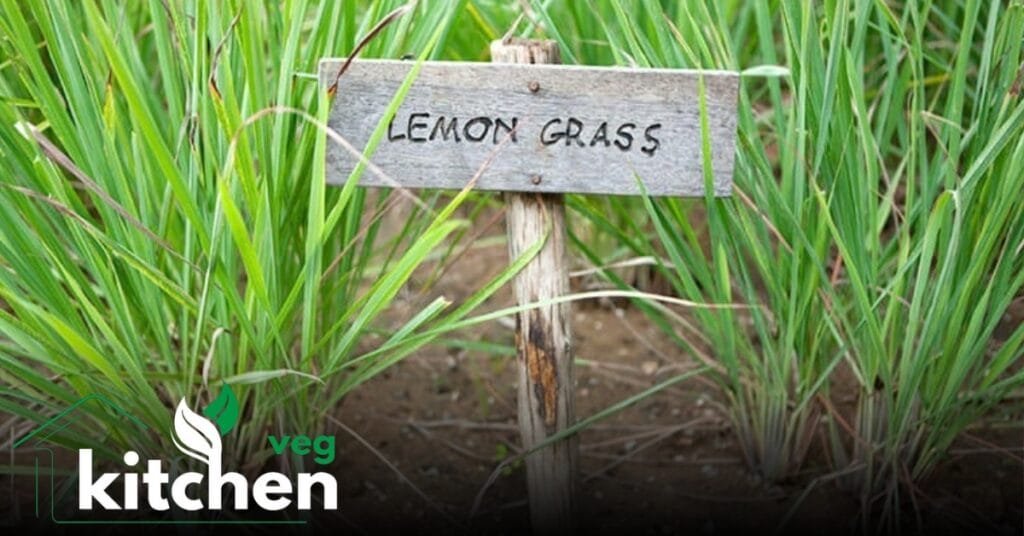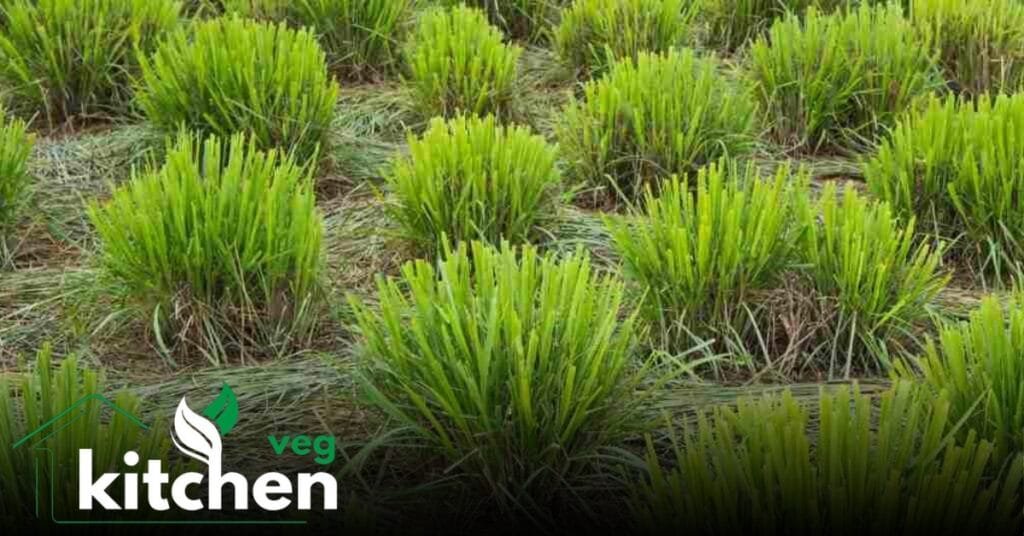Introduction
Lemon grass is a tropical plant with a fresh, lemony flavour and scent. It is a native of Southeast Asia, grows well in warm weather and is frequently used in aromatherapy, herbal remedies and Asian cooking. Lemongrass’s long, slender leaves and citrus aroma give a distinctive touch to meals and gardens alike.
Importance of Lemongrass
Lemon grass is essential in a lot of fields:
Culinary Delight
Asian cuisine, particularly Thai, Vietnamese and Indonesian dishes frequently uses lemongrass in cooking. It is a favourite ingredient among chefs and home cooks because of its zesty flavour, which complements soups, curries and marinades.
Medicinal Uses
Traditional medicine values lemongrass’s possible health advantages. It can be used to treat a variety of illnesses because it is thought to have antibacterial, antifungal and anti-inflammatory qualities.
Aromatherapy
Aromatherapy uses lemongrass essential oil rather frequently. Its refreshing scent encourages mental clarity and relaxation by easing tension, anxiety, and exhaustion.
Health Benefits of Lemon grass
Both conventional medical practices and scientific research back up the many health advantages of lemongrass.

Rich in Antioxidants
The antioxidants discovered in lemongrass help fight free radicals, oxidative stress and the danger of developing chronic illnesses.
Digestive Aid
The digestive advantages of lemon grass tea are well-known. It can support the digestive system’s health by easing bloating, indigestion and stomach cramps.
Anti-inflammatory Properties
Lemon grass is suitable for arthritis and muscle soreness because its anti-inflammatory components can help relieve pain and inflammation.
Immune System Support
Lemongrass’s vitamin C strengthens the immune system and aids in the body’s defence against infections. It is also high in minerals and other vitamins.
Weight Management
One standard option for people trying to control their weight is lemongrass tea. It helps cleansing and lowers water retention by acting as a natural diuretic.
Types of Lemon grass
Lemongrass comes in a variety of forms each with unique qualities.
East Indian Lemon grass
This cultivar’s main application is the manufacture of essential oils. Its powerful scent is frequently found in perfumes, soaps, and aromatherapy items.
West Indian Lemongrass
The most widely used kind in cooking is West Indian lemongrass. It is commonly used in cooking, especially in Asian cuisines, and has a softer taste.
Silky Lemongrass
Silky lemongrass is a native of Australia with a gentle texture utilized in food and medicine.
How to Grow Lemongrass
Lemongrass is a reasonably simple plant to grow. Both garden beds and containers can support its healthy growth. Here is a detailed how-to for cultivating your own lemongrass.
Choosing the Right Location
Lemongrass soil drains well and is full of light. It should be planted in a position with at least six hours of direct sunlight every day.
Planting Lemongrass
Lemongrass can be started from seeds, seedlings, or stalks. If you plan to use stalks, make sure they have a solid root base. Plant them roughly 24 inches apart, either in the ground or in a container filled with rich soil.
Watering and Fertilizing
Regular watering is necessary for lemongrass, especially in dry spells. The soil should be constantly damp but not soggy. To encourage healthy growth, use a balanced fertilizer every few months.
Pest and Disease Management
Although rust and fungal diseases can harm lemongrass, it is generally resistant to pests. To lower the danger of illness, ensure adequate air circulation and refrain from watering overhead.
When to Harvest Lemongrass
The best flavour and scent are guaranteed when lemongrass is harvested appropriately.
Timing
Lemongrass is usually ready for harvesting in four to eight months. The ideal harvesting time is when the outer leaves turn brown and the stalks are at least half an inch thick.
How to Harvest
Trick the stems close to the ground using garden shears or a sharp knife. Take off the rough outer leaves and cook with the soft inner stalks. After drying, the leaves can be added to tea or flavoured.

How to Make Lemongrass Tea
A delightful and nutritious beverage is lemongrass tea. The recipe is as follows:
Ingredients
- Two or three young lemongrass stalks
- four glasses of water
- Honey or sugar (optional)
- Lemon slices (optional)
Instructions
- Prepare the Lemongrass: Cut off any excess leaves and trim the ends. To release the oils, chop the stalks into small pieces and crush them quickly.
- Boil the Water: Place a kettle of water on to boil.
- Add Lemongrass: Add the prepared lemongrass and turn down the heat when boiling water. Simmer it for ten minutes or so.
- Strain and Serve: Strain the tea into mugs. Add a slice of lemon for flavour and honey or sugar for sweetness.
- Culinary Uses of Lemongrass
Lemongrass is a multipurpose ingredient that adds flavour to many different foods.
Soups and Broths
Lemongrass adds a zesty flavour to soups and broths. It’s a main ingredient in Vietnamese pho and Thai tom yum soup.
Curries and Stir-Fries
The addition of chopped lemongrass stalks to turmeric and curries gives the food a zesty, vibrant flavor.
Marinades and Sauces
Lemongrass is a popular ingredient in meat and seafood marinades. It complements ginger, garlic, and chilli peppers wonderfully, giving you a tasty basis for roasting or grilling.
Beverages
Lemongrass can be used to infuse cocktails, mocktails, and tea to give beverages a refreshing touch.
Medicinal Uses of Lemon grass
Lemongrass has many medical applications in addition to its culinary ones.
Digestive Health
Stomach cramps, constipation, and bloating are among digestive problems that can be resolved with lemongrass tea.
Anti-inflammatory and Pain Relief
Massaging lemongrass oil into achy muscles and joints can lessen pain and inflammation.
Skin Care
Lemongrass oil’s antibacterial and antifungal qualities make it a popular ingredient in skincare products. Both fungal infections and acne can be treated with it.
Aromatherapy and Essential Oils
A standard option in aromatherapy is lemongrass essential oil.
Stress Relief
Diffusing lemongrass oil can foster a sense of peace and relaxation and help reduce tension and anxiety.
Insect Repellent
Effective against mosquitoes and other pests, lemongrass oil is a natural insect repellent.
Household Cleaner
Lemongrass oil is an excellent addition to natural household cleaners due to its antibacterial qualities.
Conclusion
The fantastic plant lemongrass has many uses and health advantages. It adds taste to food and has therapeutic and medical benefits; it’s a helpful addition to any kitchen or garden. Learning how to cultivate, harvest, and use lemongrass will allow you to truly appreciate its many uses in cooking and medicine.




